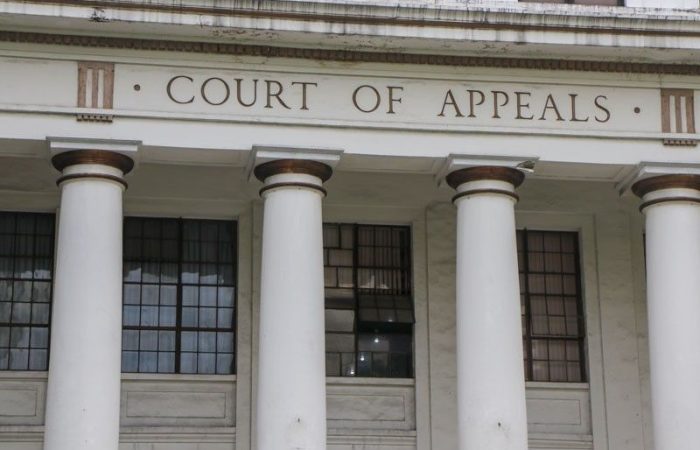By: Emili Kensing
The Virginia judicial system is essentially comprised of four levels of courts: district courts, circuit courts, the Court of Appeals, and the Supreme Court. There are 31 districts within the Commonwealth, each of which has its own district and circuit courts, but there’s only one Court of Appeals and Supreme Court for the entirety of Virginia. Districts can be a group of several counties—like district 20, which is Loudoun, Fairfax, and Rappahannock counties—or a single city—like district 17, which is simply the city of Arlington, or district 18, which is comprised only of the city of Alexandria. Districts can have one of each court, or several. Take a closer look at the districts, or find your own district on this map.
The District Court
The district court is divided into the traditional General District Court, Small Claims Division, and the Juvenile & Domestic Relations Court. The General District Court (“GDC”) is the lowest level of the court system, deciding cases seeking monetary damages up to $25,000. All cases within the General District Court are heard exclusively by judges; there are no jury trials at this level. Additionally, for claims and motions filed in GDC, there are generally forms that the plaintiff and defendant can fill out instead of having to draft the complaint or motion from scratch. Claims under $4,500, regardless of topic, should be filed in GDC. GDC also handles criminal misdemeanors—which are charges punishable by a fine up to $2,500, a year in jail, or both—and traffic violations. To find out more about the Virginia district courts, check out this pamphlet.
The Small Claims Division has jurisdiction over any civil claim where monetary damages or recovery of property amounts up to $5,000. Attorneys are generally not permitted to represent clients in Small Claims court, so filing a complaint here is often more economical. For a very specific description of the filing and trial process regarding the SC court, consult this guide.
The Circuit Court
Circuit courts are where jury trials are held, as well as where district court decisions are appealed. Juries are called grand juries in Virginia and can consist of 5 to 11 citizens depending on the circumstances of the case, judge, and jury. Specific performance—requiring someone to fulfill their contractual obligations—and injunctions—requiring someone to stop doing something—are also particular to the circuit court. For civil cases, circuit courts share jurisdiction with district courts on claims from $4,500 to $25,000, but have original jurisdiction over claims exceeding $25,000. Unlike GDC, there are no form pleadings or motions – every filing must be written in the proper format and submitted properly. The circuit court also handles divorce proceedings, wills, trusts, and estate matters. For criminal cases, circuit court covers felonies, which are offenses punishable by more than a year of jail time. A detailed overview of the circuit court can be found here.
The Court of Appeals
The Court of Appeals reviews decisions made by the circuit court on specific topics: domestic relations, traffic violations, and criminal cases when the judgment did not include capital punishment. All other civil cases are appealed to the Supreme Court. The Court of Appeals retains 11 judges who sit on panels containing at least three at a time. The judges on the panel are rotated by the chief judge, and all 11 judges presiding over a case on a single panel is called sitting en banc. When the Court of Appeals rejects or rules on a domestic relations or traffic violation appeal, it’s final and cannot be appealed to the Supreme Court. More information about the Court of Appeals can be found here.
The Supreme Court
The Virginia Supreme Court, located in Richmond, reviews the decisions of both the Court of Appeals and the circuit courts. It is the Court of Final Resort, meaning every decision made by the Supreme Court is final. To have your case heard by the Supreme Court, the judges must grant certiorari, indicating they approve the reconsideration of your case. The process is very selective, since they only meet for five days every seventh week beginning in September; this cycle only ends once the June docket—or list of designated cases—has been completed. The Supreme Court does have original jurisdiction in limited circumstances. The formal presentation on the Virginia Supreme Court can be found here.




